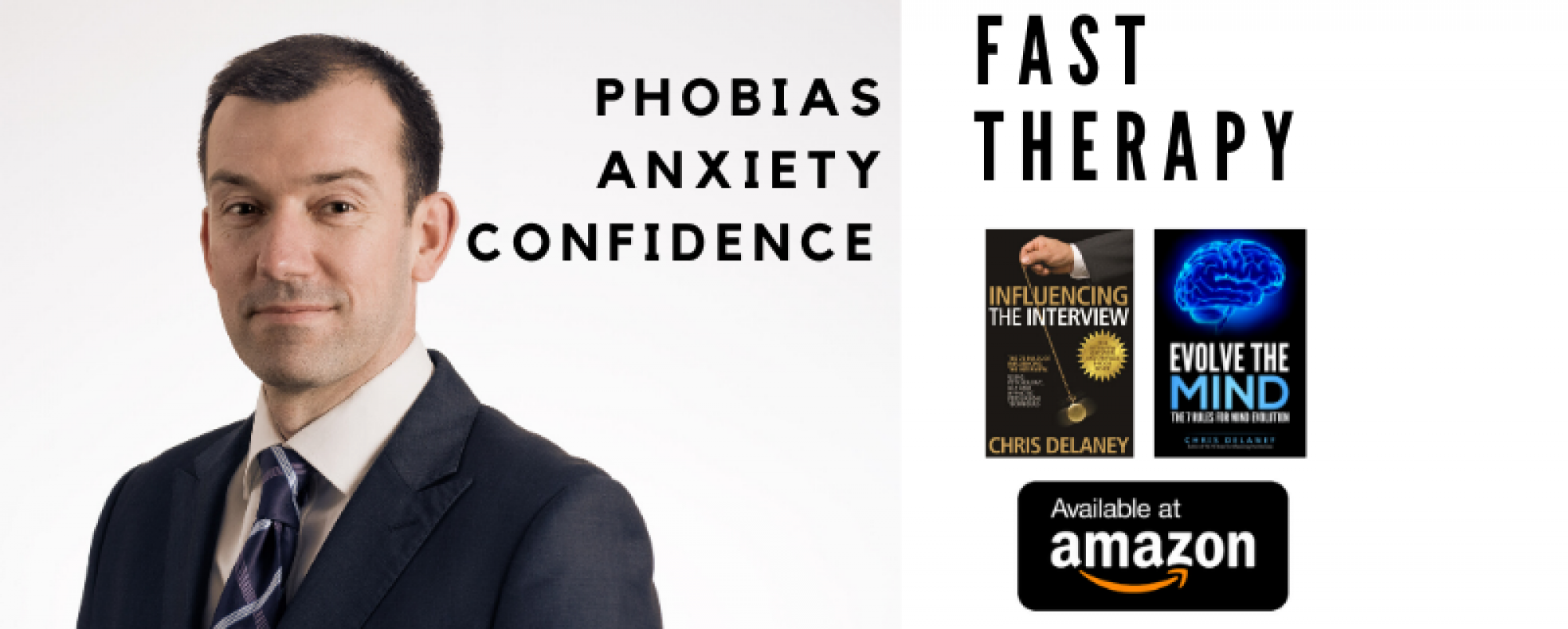FREE 101 Life Coaching Questions
Click Here
Does My Child Have a Phobia?
This week Liji Thomas from news-medical talks about phobias in children.
“A phobia is a condition in which an individual suffers from intense fear of an object or situation that lasts for a prolonged period of time and has no rational cause” says Liji. Does your child have a phobia? The difference between a phobia and anxiety is that a child with a phobia of a particular stimulus wont be able to go near the thing they fear, as a child with anxiety, can approach there fear but will feel high levels of anxiety.
There anxiety can evolve into a phobia. So, how do children become phobic?
Book a Video Hypnotherapy or Coaching Session Today. All you need is a webcam
e-mail chrisdelaney7@gmail.com
Children and Phobias
Liji said “Research has found that the causes of phobia lie in different elements such as biological, family, and environmental factors” she goes on to talk about three ways that phobias can become attached to children; biological causes, family factors and through the child’s environment.
We know from various research sources that children, like animals, can be predisposed to have a more likely phobic response to a stimulus, if the parent(s) has a particular phobic reaction.
This means if a parent has a phobia of spiders, the child is more likely to inherit this phobic reaction at a biological level – the phobia is recorded in the genes the parents pass onto the child. For this phobia to come alive, the child will have to see a phobic reaction to the stimulus through observational learning.
Children learn at a young age, through observational learning, how to react to the world around them. Two children can see their parents reacting anxiously to, in our example, a spider. The child with phobic DNA is more likely to become phobic themselves compared to a child who didn’t inherit the phobic gene
In the article Liji explains how environmental factors can a big impact on an anxious child “Environmental factors may trigger the development of phobias in children, such as a traumatic event. For children, it might be a common situation like going to school after a long vacation that results in heightened anxiety”
Age and Phobias
The article explains how age can effect phobias and anxieties in children. “Some young children have the habit of imagining a nonliving object to be a living thing. This imaginary being becomes the basis for fears.”
We have evolve to survive in an ever changing world. The way a child develops and responses to the world around them, depending on their age, is designed through evolution as a survival technique. But the way we have evolved to survive has a negative side effect it can also make children fearful of a none threatening stimulus.
“Children of this age (2-4 yrs old) fear loud noises, sounds made by animals, toilets and bathrooms, ghosts, disabled people, death, and sometimes being alone.” Liji goes on to say “These children (8yr olds) might complain of simple and common fears such as the fear of social rejection, shifting to a new place to live, having to go to school or being late. They may also constantly worry about personal danger.”
It is this mixture of evolution of the mind, biology, observational learning and life experiences that can create phobias and anxious reactions to a wide range of stimulus’s. This isn’t something to be feared as children can simply grow out of a phobia, learn strategies to increase confidence and through plasticity change the neuro-connections in the mind.
As Liji explains “Parents have the tremendous responsibility of identifying excessive or constant feelings of anxiety in their children at the early stages and to address it themselves, or to seek professional help if the child does not respond properly.”
Read the full article: Phobias in Children
Chris Delaney NLP Life Coach, Hypnotherapist and Career Advisor is available for booking for One to One Private Sessions, Group Training Sessions and Public Speaking Events
Chris Delaney is also a published author “The 73 Rules of Influencing the Interview – using Psychology, NLP and Hypnotic Persuasion Techniques” and his latest book “Evolve the Mind – the 7 rules to mind evolution”
Other People Who Read This Article Also Read:
- Creating Milton Model Scripts
- Google Brain Therapy
- The Neuroscience of Phobias
- Mindfulness, NLP and Hypnosis
Chris Delaney Specialise in:
FREE Life Coaching Downloads
Sponsored Adverts
Train to Be a life Coach and Make Money as a part time or full time Coach
101 Life Coaching Tools and Techniques
Chris Delaney NLP Life Coach, Hypnotherapist and Career Advisor is available for booking for One to One Private Sessions, Group Training Sessions and Public Speaking Events
Contact
chrisdelaney7@gmail.com for more information
- Hypnosis and Life Coaching for smoking
- Hypnosis and Life Coaching for weight loss
- Hypnosis and Life Coaching for fears and phobias
- Hypnosis and Life Coaching for self esteem
- Hypnosis and Life Coaching for anxiety
- Hypnosis and Life Coaching for alcoholism
- Hypnosis and Life Coaching for confidence
- Hypnosis and Life Coaching for goals

![Pageflex Persona [document: PRS0000038_00053]](https://wordpresstestblog2.files.wordpress.com/2013/07/evolve_the_mind_front.jpg?w=200&h=300)




